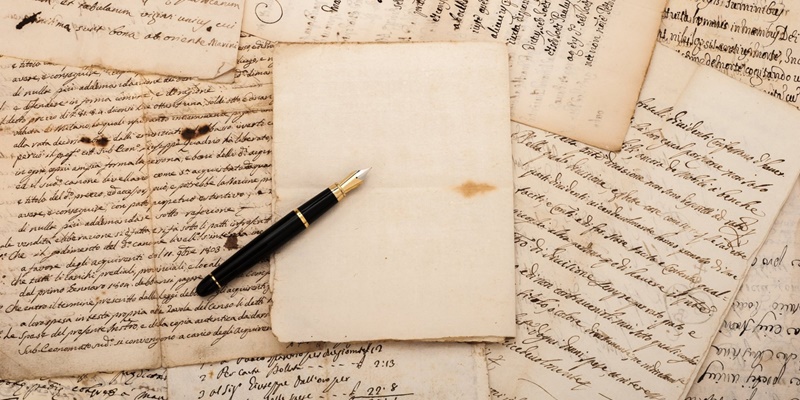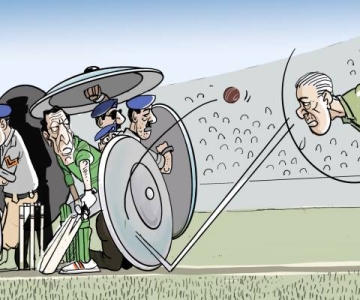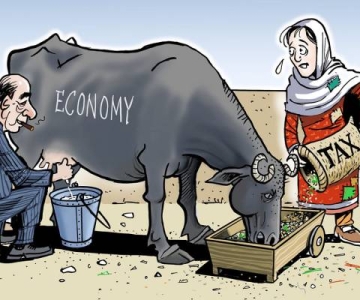The SAARC Festival of Literature is slated to begin from 12th March in the city of Taj Mahal, Agra and will come to close in Delhi on the 17th March 2009. Foundation of SAARC Writers and Literature is organizing the Festival at a time when expectations from creative fraternity and right-minded peace activists have soared high in the aftermath of unprecedented terrorists attack on Mumbai, and sensitivities of the creative fraternity across the SAARC region, particularly in India and Pakistan, are shaken and bruised.
FOSWAL has urged people to pledge with the creative fraternity to stand together for peace and tranquility in times of terror and to celebrate the continuity of culture and creative writings of the SAARC region. The Festival will cover a wide range of themes from role of wordsmiths in times of terror to its impact on popular culture, prevailing conditions of chaos and confusion, exploring history, resolving ethnic angst, poetry recitations, and readings of short stories.
Ajeet Cour, eminent short story writer, and author is the driving force behind the Festival. She has been assiduously trying hard over the past couple of months to transform the occasion, which was initially announced as SFL into a ‘Peace Pilgrimage’. Little wonder, she chose the city of Taj Mahal to send out the larger message to the rest of the world.
She is also the Founder president of Foundation of SAARC Writers and Literature. FOSWAL is a unique organisation, which traces its origin in historic gatherings of writers and poets from India and Pakistan in the summer of 1987.
Her literary drive carried the torch of peace forward and eventually convinced powers-that-be to recognize the power of literature and creative ideas, of a whole generation of intelligentsia who have been constantly bruised by the very act of existing in these times of crumbling values, degradation of democracy, poverty and deprivations of a hundred kinds, hunger and malnutrition, suspicions about our immediate neighbour, bearing the bruises of history which sliced a country like cutting a cake, leaving behind a trail of blood and hatred and suspicion.
But if life has to move forward, we will have to find ways to mend the torn souls, find new values for reconciliations to force peace in age of turbulence. We shall recognize the power of literature to sail forth for peace even when the river is in turbulent flood.
Challenges are galore before her in making the current SAARC Festival of Literature a resounding success. She derives hope and reason from the fact that literature adds to reality. It doesn’t simply describe it. It enriches the necessary competencies that daily life requires and provides, and in this respect, it irrigates the deserts that our lives have already become. It dissects the multi-layered sensitivities, and dreams.
“Meeting of minds in these difficult times will give fresh impetus to the process of peace and confidence building measures, which vested interests want to derail. Let us not allow them to succeed in their nefarious designs”, she says.
A feisty rebel of a storyteller and cultural impresario still going great guns in her early seventies, Ajeet Cour has defied traditions and conventions over the past decades to build bridges of cultural and literary connectivity among the SAARC countries. Young writers on the streets of Lahore, Islamabad, Karachi, Colombo, Thimpu, Male, Dhaka and Kathmandu hail her as undisputed Matriarch of South Asian literary and culture circuit. She excels in spotting raw, young talent in the world of literature and arts, and surprises the world with her cutting-edge flamboyance.
Over the past decades, she has single-handedly waged several battles against the army of skeptics and cynics. Besides waging a single-handed crusade for cultural connectivity among the creative fraternity among the in the SAARC countries in mid-eighties for the last four decades, she has been fighting for the education and health of girl child living on the fringes of society, for the right of expression and for independence of thought and writings, for those living in urban villages and slums with former Prime Minister late Vishwanath Pratap Singh, for saving environment and even fighting the cases for environmental preservation and for saving historical heritage.
“Culture is to know the best that has been dreamed and articulated in the world. Only debate and divergence of views can enrich our history and culture. The forthcoming SAARC Festival of Literature will facilitate the candid flow of debate and divergence. Authors, musicians and artists taking part in the Festival of the past have been inspired by the free spirit of the occasion. We will be celebrating the diversity of South Asian literary culture the way we have been doing over the past twenty two years. It will be a great way to celebrate the diversity of South Asian literary culture, yet underlining the ancient civilisational links, throbbing and alive since the Indus Valley Civilisation, nine thousand years old”, says Cour.
The SAARC Festival has always been more than just a literary gathering. Peace campaigners, journalists, social activists, historians, musicians, folklorists, film and theatre artists, human right activists and political philosophers have always been part of a wider world of culture and art and real life here.
She dares to dream and push others hard to recognize the exciting possibilities of dreaming together. “When we are dreaming with others, it is the beginning of a transformed reality”.
It’s only right that the Festival is being held in Agra, the city of Taj (One of the seven wonders of the world). Gathering of eclectic minds of creative expressions will be a tribute to the crowning glory of Indo-Islamic civilization, in the aftermath of tragic terror attacks on Mumbai.
She says, “Writers will deliberate over trauma of terrorism at multi-dimensional levels, and its impact on creative ideas and on society. The role of writer in these times of terror, ethnic conflicts and fundamentalism has got to be more eloquent and assertive. Foswal has conceived the agenda to engage participants on a single platform in order to reach a common ground as to how the writers and creative people can articulate such conflicts in their creative and journalistic stories, and in poetry, in films and theatre, in paintings and sculpture, carving the paths leading to reconciliations, compassion and good-neighbourly relations”.
In the light of rabid rise in religious extremism and mindless acts of terrorism in the region, especially India and Pakistan, writers, poets, journalists and peace activists have special responsibility to debate and deliberate on everything that can help us recover lost strands of compassion, transform it into sharpened sensitivity, and resurrect our dead dreams from the debris.
The Festival of Literature welcomes sensitive thinkers to debate besides various genres of creative expressions, democracy, governance and poverty in South Asia to build a South Asian perspective, which can be more relevant in building human relations.



